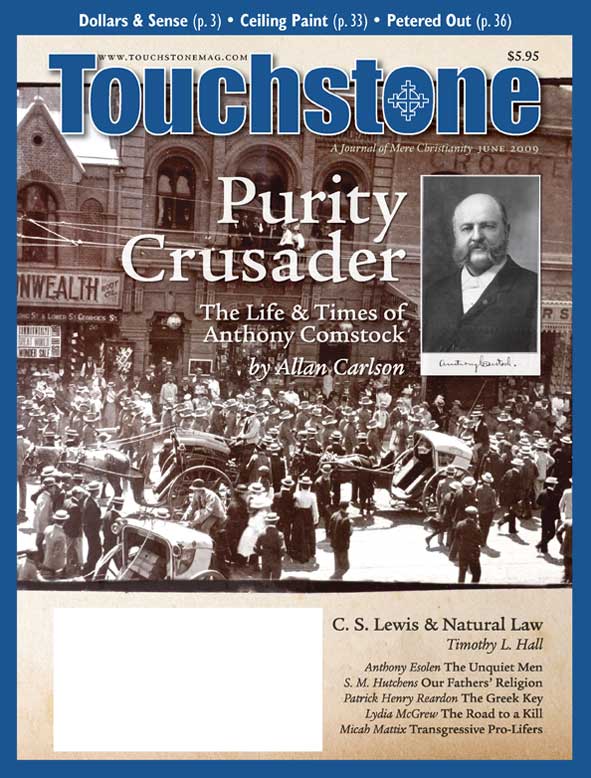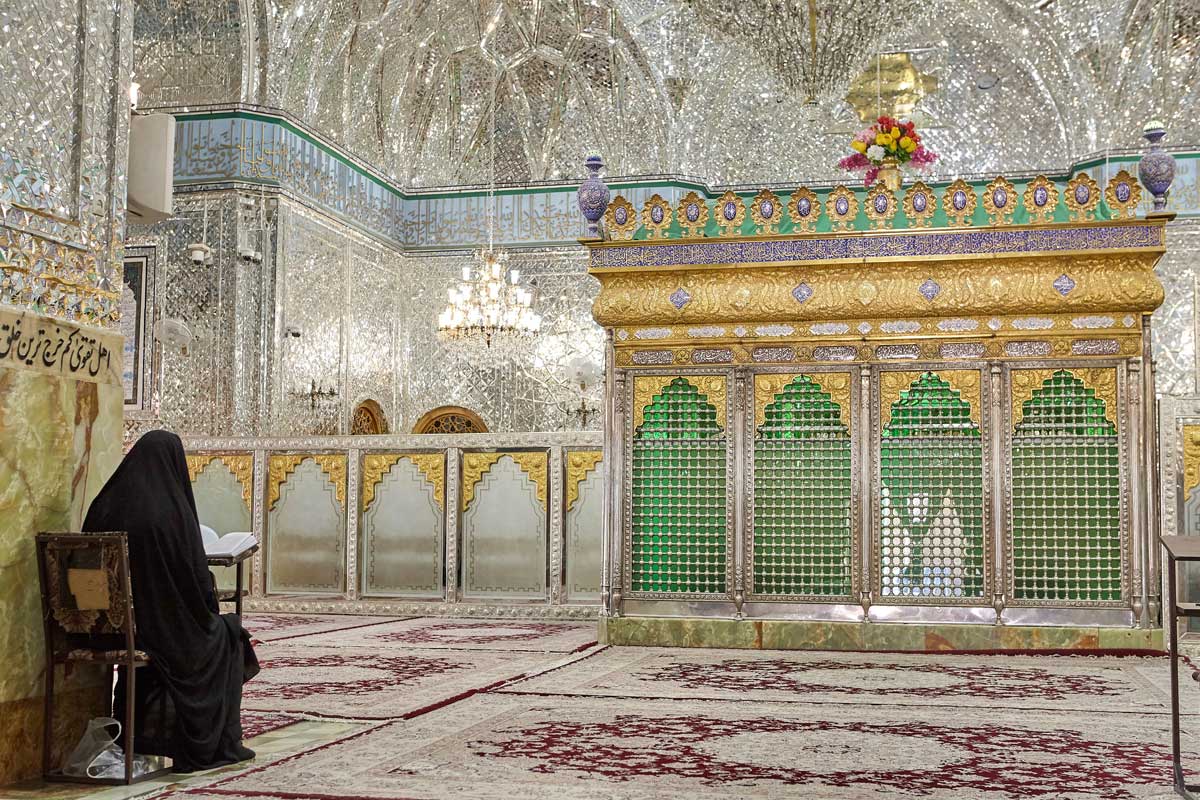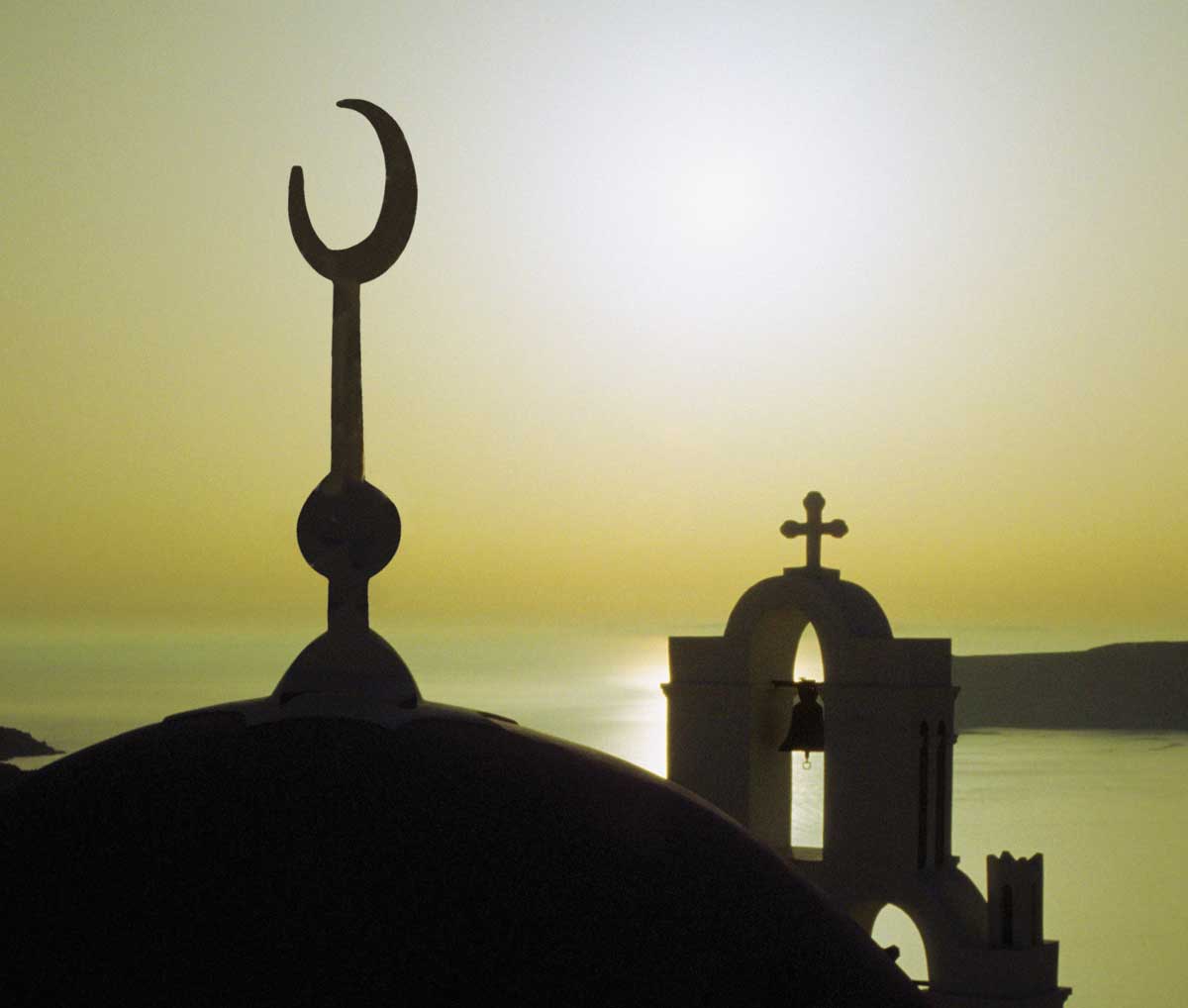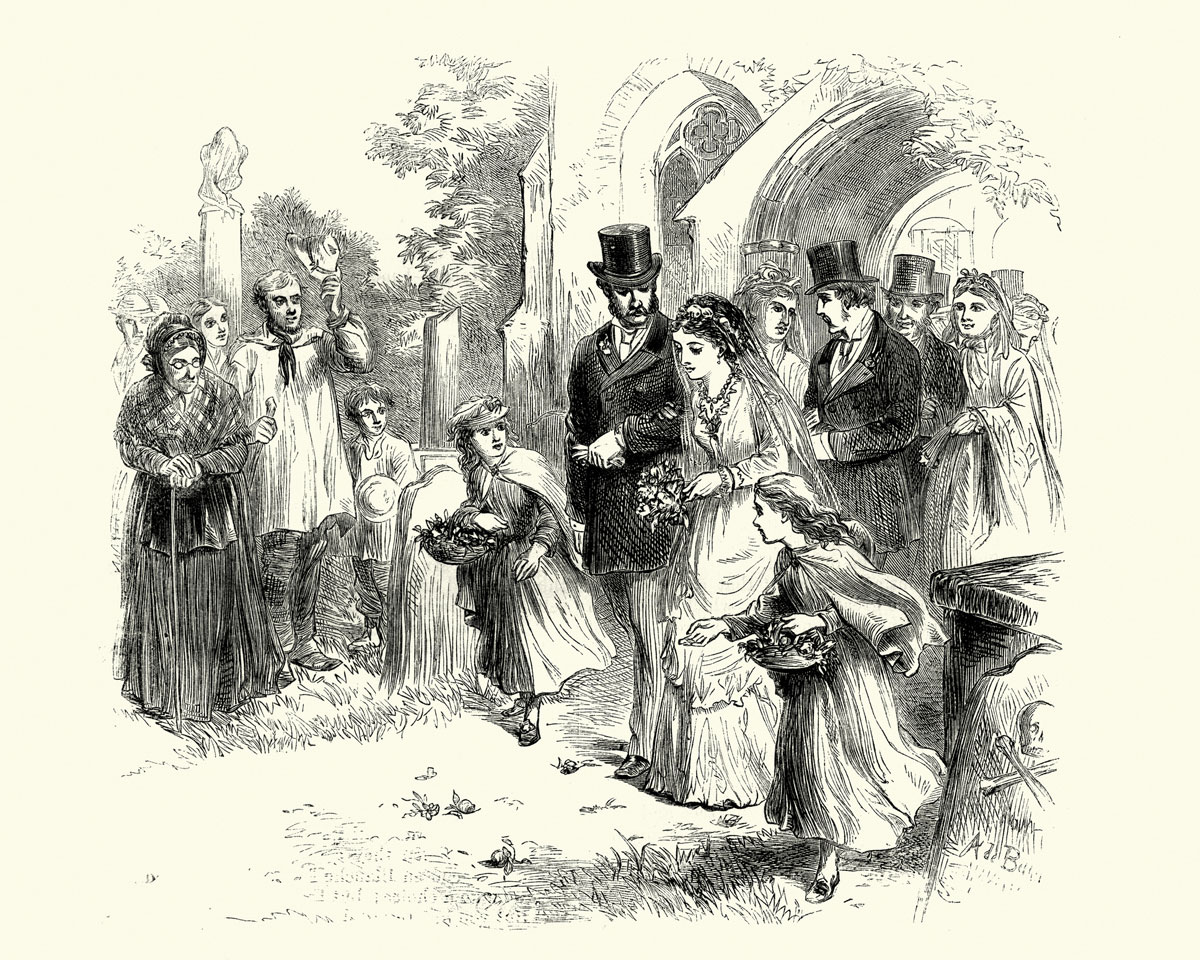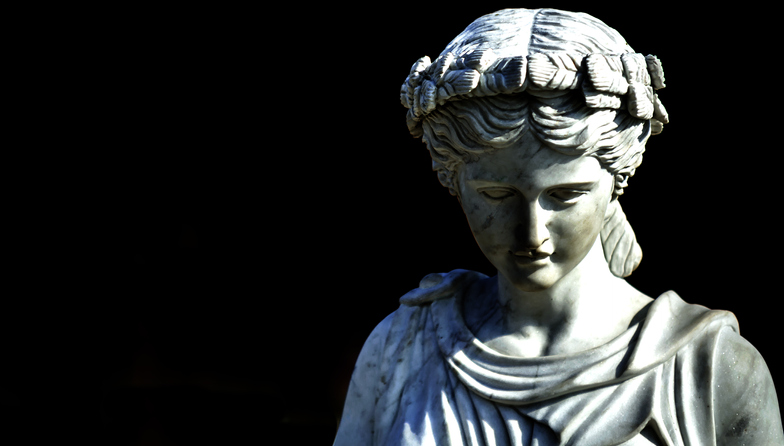The Gospel & the Prophet
American Christians and Islam: Evangelical Culture and Muslims from the Colonial
Period to the Age of Terrorism
by Thomas S. Kidd
Princeton University Press, 2009
(201 pages, $29.95, hardcover)
reviewed by Sandra Tonies Keating
Thomas Kidd has done a great service with his publication of American Christians and Islam. Although there is an endless array of studies on various aspects of the relationships between Muslims and Christians throughout the past 1,400 years, this is, to my knowledge, the first to examine American Evangelical attitudes toward Islam. Kidd presents a vast amount of material in a clear, readable manner, and his book should be of interest to anyone trying to understand the extremely complex dynamic of contemporary Muslim-Christian relations.
American Christians and Islam begins with a fascinating look at the presence of Muhammad and Muslims as a theme in early Anglo-American literature. The True Nature of Imposture Displayed in the Life of Mahomet (London, 1697) by Humphrey Prideaux, for example, had a wide-reaching impact on colonial views of Islam. This “biography” of Muhammad, which was reprinted eight times over the next 25 years, claimed to outline the many deceits of the founder of Islam and drew a close connection between them and the assertion of supremacy by the Bishop of Rome over the Christian Church in Europe in the seventh century.
Prideaux believed that in Islam and Roman Catholicism one could clearly identify the hold of the Antichrist over Christendom in both the East and the West, which needed to be overcome by true Christians. This premise became the foundation for the later call to mission in the Middle East by Evangelicals and the attention given to converting not only Muslims but the Orthodox and Catholics as well.
Early Americans found evidence for Prideaux’s portrait of Islam in a new literary genre that appeared in the early nineteenth century, which contained descriptions (both fictional and non-fictional) of those who had been held captive by Muslim pirates and sold into slavery. The most popular of these purported first-hand accounts was the History of the Captivity and Sufferings of Mrs. Maria Martin (first published in 1807), which gave detailed descriptions of the brutal treatment of white Christian slaves in Algeria. Many of these reports contrasted the “barbaric” practices of Muslims with the goodness fostered by Christian faith. Such tales became hugely popular among the educated classes and formed attitudes among Evangelicals in the following century.
Eschatology & Missions
Simultaneously, a rising interest in the eschatological roles of Islam and Catholicism in the End Times developed among American Christians. Throughout the remainder of his book, Kidd underscores the impact that various readings of biblical prophecy by historicists and dispensationalists of diverse stripes had on the attention given to Christian missions in the Middle East. Many came to see the expansion of Anglo-Missionary Christian civilization as the fulfillment of prophecy and optimistically anticipated the rapid collapse of Islamic powers as Muslims turned to Christ. All that was needed was the preaching of the gospel in every corner of the world.
Muslims, however, proved to be much more resistant to the efforts of Evangelical missions than expected. Although enthusiasm was great, Kidd notes, the lack of success in gaining converts from Islam is astounding—the total numbers probably remaining in the tens rather than the thousands. Most of the converts came instead from among the “pagans” and “nominal Christians,” as missionaries regarded Roman Catholics and Orthodox Christians.
A key figure responding to the difficulties of evangelizing Muslims at the turn of the twentieth century was Samuel Zwemer of the Reformed Church. Throughout his career, he avidly promoted fundamentalist missions in the Middle East, through both his numerous writings and his own activities. In 1906 he helped organize the Cairo Conference, which took up the topic of direct evangelization of Muslims worldwide and the necessity of reaching those who did not have the benefit of Christian preaching of the gospel. Following the conference, there was a renewed optimism that Muslims could be converted with the right methods, but they had to be reached before the spread of communism infected them.
The conclusion of the First World War seemed to confirm this interpretation of events in the Middle East. Britain had captured Jerusalem, the Ottoman Empire was officially dismembered, and the Balfour Declaration promised the return of the Jews to their ancient homeland. The importance of Israel as a sign that the End Times were near and prophecy was about to be fulfilled drew American Christians to enthusiastic support for the establishment of a Jewish state. Many people felt that Islam was weakening and believed these were certain signs that the time was ripe for evangelization, yet surprisingly little was actually done to realize this vision.
One reason for this was growing uneasiness about foreign missions. Movements within Protestant churches were beginning to question the soundness of the old missionary aims, ultimately severing “modernists,” who advocated education and service, from “fundamentalists,” who defended proselytism and conversion. There were, nonetheless, those in the latter camp who were increasingly ambivalent about the unquestioning support for the Jews in Israel in light of the suffering of the Palestinians.
Ironically, Kenneth Cragg, a bishop of the Anglican Church normally regarded with suspicion by Evangelicals, came to be recognized as a voice critical of Zionism for those who maintained the necessity of converting the Muslims to Christianity, even though Cragg himself continued to advocate respect for Islam. Even today, his Call of the Minaret (1956) remains standard reading for missionaries. But this view was not to prevail.
Islamic Resurgence
The following decades were increasingly caught up in interpreting prophecy in light of the events of World War II, the UN Declaration establishing the State of Israel in 1948, and the ensuing Arab-Israeli conflicts. Numerous interpretations and scenarios of the End Times were put forward by, among others, William Hull ( Israel: Key to Prophecy [1957]), Wilbur Smith ( Israeli/Arab Conflict [1967]), Milton Lindberg ( The Jew and Modern Israel in the Light of Prophecy [1969]), Hal Lindsey ( The Late Great Planet Earth [1970]), and Tim LaHaye ( Left Behind series [1990s]). In spite of their differing views of the progression of events in the End Times, all remained convinced of the impending demise of Islam and mass conversion of Muslims to Christ. None were prepared for the resurgence of Islam both within American society and abroad, which lay just around the corner.
In the mid-twentieth century, W. D. Fard and Elijah Muhammad had established the Nation of Islam, following in the footsteps of previous African-American Islamic movements. The Nation of Islam, with its harsh critique of white society and Christianity, became increasingly attractive to black Americans. It was especially successful in gaining adherents in prisons, an area neglected by many churches.
Kidd points out that Evangelicals recognized the Nation of Islam as an unexpected threat within America, prompting a diversity of reactions and fracturing opinion on how to best address the growing problem. Responses varied widely, from Chuck Colson’s Prison Fellowship and an emphasis in preaching on “witnessing to a Muslim neighbor” to deepening hostility towards Muslims.
Concern for foreign missions was renewed in 1974, when Billy Graham gathered 2,500 Evangelicals in Lausanne, Switzerland, to initiate a return to global evangelization. The congress sparked a plethora of smaller conferences focusing especially on the “unreached,” of whom Muslims constituted the largest group.
One such conference was dedicated to examining the failure of missionary work in the Middle East. At this gathering, an influential Presbyterian minister to Pakistan, Don McCurry, brought up numerous problems (including the lack of missionaries in the field), but stressed his view that too little attention had been given to “contextualizing” the gospel. Instead, missionaries had assumed that conversion to Christ led to a conversion to the culture of the missionary. Others pointed out the extreme hostility new converts faced from their families and communities, and they stressed the need to smooth the transition by allowing familiar prayer rituals (removal of shoes, prostration, head coverings for women, and so forth), forms of address, and other local customs to continue. The program of contextualization seems to have increased the number of converts, but, as Kidd observes, it still fell short of expectations.
Renewed Apocalyptic Expectations
The end of the twentieth century saw a resurgence of interest in apocalyptic expectations, fueled by the collapse of the Soviet Union and the impending new millennium. The terrorist attacks of 9/11 and ensuing wars in Afghanistan and Iraq once again brought some Evangelicals to turn to biblical prophecy as the key to understanding. Although a few, such as Glenn Miller in his The Prophetic Fall of the Islamic Regime (2004), placed George W. Bush at the center of God’s plan to destroy Islam, others were more skeptical and argued that Bush had failed to recognize the Muslim threat by calling Islam a “religion of peace.” To be sure, this is a debate that continues in Evangelical circles.
American Christians and Islam is an extraordinary study in the intense fervor of apocalyptic expectation and the continual disappointment of the Evangelical churches in the mission to overcome Islam. What is striking is the complete confidence of the players in this story in their reading of biblical prophecy and contemporary events, coupled with their deep-seated ignorance of the peoples they are trying to reach. At numerous points, for example, Kidd refers to the Evangelical urgency for missions to the Middle East where Christ had never been preached. This is an astonishing dismissal of the ancient churches that had labored through the centuries to reach a delicate modus vivendi with the Muslim majority. At best, these peoples are categorized by the missionaries as “nominal Christians” in need of “effective witness” to the gospel, and, at worst, as possessed by Satan.
Although Kidd outlines some of the various internal critiques of Evangelical missions in the twentieth century, I expected more explicit acknowledgement of some of the turmoil and problems that have resulted from the attitudes and activities described throughout the book. Support for the establishment of the state of Israel on the grounds that it has a role to play in the End Times is only one obvious example. In this view, war and destruction are not to be deplored, but rather are believed to be part and parcel of the final Tribulation. Yet, despite the call for a more positive evaluation of Islam by some prominent figures, Kidd concedes that the majority of Evangelicals continue to follow these traditional eschatological and political ideas.
Obstacles to Evangelism
The great irony is that many Evangelical efforts have strengthened the Muslim perception that Christians cannot agree among themselves on their teachings and have consequently divided into sects (cf. Qur’an 5:14), thus delegitimizing all the Christian churches. Further, recent waves of missionaries have reinforced the notion that Christianity is a foreign element bent on destroying Islam. Indeed, radical Muslims frequently identify foreign missionaries with European and American imperialism, justifying trends of Islamic resurgence and even hostility to native Christians. These conditions make it nearly impossible in many places for anyone desiring to preach the Good News.
Kidd concludes the book with his own very brief observations about the history he has just recounted. In the end, he remarks, it is likely the lack of “courtesy and understanding” toward Muslims that has been the greatest obstacle to success in spreading the gospel to the ends of the earth. His words should certainly be taken to heart. •
Sandra Tonies Keating is Associate Professor of Theology at Providence College in Providence, Rhode Island, and an expert in Muslim-Catholic relations and a Consultor to the Vatican on Islam.
subscription options
Order
Print/Online Subscription

Get six issues (one year) of Touchstone PLUS full online access including pdf downloads for only $39.95. That's only $3.34 per month!
Order
Online Only
Subscription

Get a one-year full-access subscription to the Touchstone online archives for only $19.95. That's only $1.66 per month!
bulk subscriptions
Order Touchstone subscriptions in bulk and save $10 per sub! Each subscription includes 6 issues of Touchstone plus full online access to touchstonemag.com—including archives, videos, and pdf downloads of recent issues for only $29.95 each! Great for churches or study groups.
Transactions will be processed on a secure server.
more on islam from the online archives
more from the online archives
calling all readers
Please Donate
"There are magazines worth reading but few worth saving . . . Touchstone is just such a magazine."
—Alice von Hildebrand
"Here we do not concede one square millimeter of territory to falsehood, folly, contemporary sentimentality, or fashion. We speak the truth, and let God be our judge. . . . Touchstone is the one committedly Christian conservative journal."
—Anthony Esolen, Touchstone senior editor





